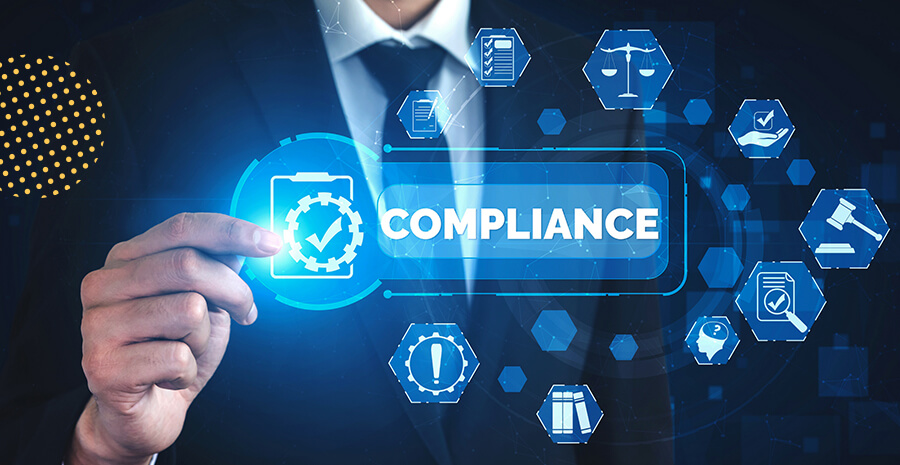Guide for compliance to Start-ups
In recent years, several laws have been enacted around the world to promote ethics, transparency, and accountability in the business environment. At the same time, the debate about the need for compliance – the industry responsible for ensuring compliance by companies and institutions – has gained prominence.
Studies say that 3 out of 4 startups close their doors before even completing one year of operation. The challenges these companies face can range from a disagreement between partners and financial problems to basic legal and economic qualification issues.
With a bureaucracy that is often referred to as peculiar, large companies must go through a series of obstacles and demands in order to have confidence in startups with which they are considering starting a partnership.
However, there are still those who think that the subject of compliance is directed only at large organizations, such as multinationals. This is a serious mistake, because believing that micro and small companies should not adapt to this new reality can lead to great losses. In fact, it may lead them to bankruptcy since the laws created in the countries are not directed only to large companies, therefore, those who do not comply with them are subject to fines and penalties.
In addition to the financial loss, non-compliance can have an impact on lawsuits, the impediment of participation in bids, the end of partnerships, and the loss of the consumer market.
Compliance for startups can not only help identify possible ethical and moral deviations of people, but can also become a great competitive differential.
Implementing conduct policies that provide information on areas that have various risks, from fraud and corruption, in addition to diagnosing the best model of action to improve processes can be essential for the survival of this company.
The adoption of Compliance for startups when the company is still in its infancy means a more sustainable and organized growth in the medium and long term.
But, how to implement a compliance program in your company?
Unlike other regulation mechanisms, such as ISO certification, the program is created by the company itself, but this does not mean that it is totally free, it is important to observe the regulations and decrees of your country.
Do a risk analysis
This step consists of evaluating all the conduct problems that the company may be subject to according to its area of activity.
Even the decree that regulates the Anticorruption Law provides for differentiation between companies regarding, for example, their relations with the international market and with the public administration.
Set up an action plan
It is about planning a strategy for the implementation of a compliance program.
In it, each step must be described, how it will be performed, in addition to points such as disclosure, employee training, and monitoring.
Create a code of conduct
The document must be clear, objective, and pertinent to the company’s reality.
As beautiful as the text may seem, it needs to have a meaning aligned to the values and needs of the organization.
Establish communication channels
It is not enough to create a code, it has to be put into practice. To do this, channels for reporting and analyzing situations must be created and publicized. These channels must be open to both internal (employees) and external (customers and suppliers) audiences.
Train the employees
All employees must be aware of the responsibilities of their actions. But above all, they must actually adhere to the compliance program.
For this, periodic training, awareness-building campaigns, and internal communication can be carried out.
Monitor the program’s operation
Monitor the operation of each of the compliance program’s pillars. It is not enough to put them in place, it is necessary to follow up the operation and test each of the program’s components, constantly, to be sure about its effectiveness.
Assess and correct problems
The solutions must not only consider the isolated cases, but also the context that made such occurrences possible. In other words, a compliance program is not about.
Do not separate the compliance rules from the company’s culture
There is no reason to treat the issues in a separate way when the two go together in the development of the startup.
Bringing compliance rules together with company DNA will only make it easier for employees to understand what is expected of them.
Responsible Professional
And the most important item: have a trained professional responsible For having one for compliance! Companies map possible risks in different areas and adopt internal measures to prevent and combat irregularities.
This work is of great importance because it ensures good practices that consolidate an ethical, responsible, and transparent organizational culture. These values increase credibility and reinforce the image before employees, consumers, partners, and society in general.
Applying these tips to implement an innovative, safe, and efficient program can be an important differential to conquer the market, gain competitiveness, and ensure longevity. Tell us below what challenges you have faced in your business in implementing the program.
